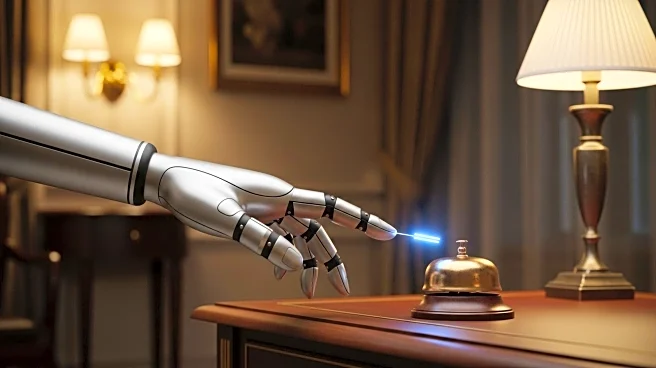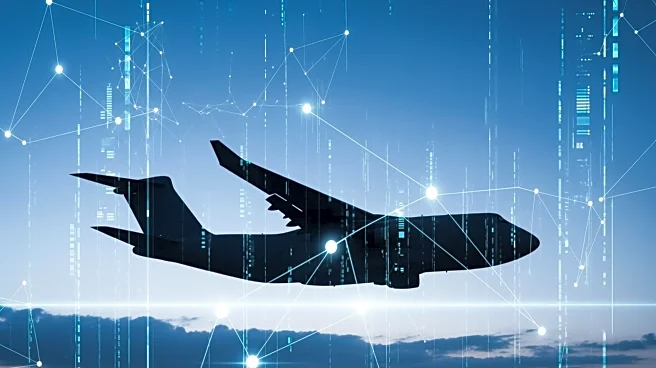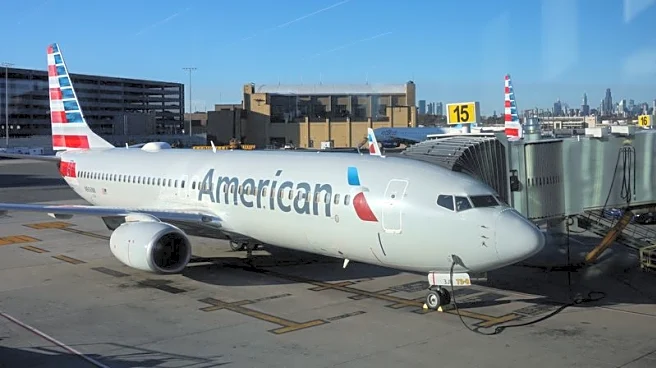What's Happening?
The hospitality industry is facing challenges in integrating artificial intelligence (AI) into its operations due to outdated workflows. Many hotels are attempting to implement AI tools to improve efficiency and guest experience, such as AI chatbots for faster check-ins and AI-driven pricing tools. However, these efforts often fall short because the underlying processes remain unchanged. The article highlights that AI can amplify existing inefficiencies rather than resolve them if not paired with redesigned workflows. This issue is prevalent across various hotel operations, including front desk management, revenue management, and staff scheduling.
Why It's Important?
The integration of AI in the hospitality sector holds the promise of enhanced guest experiences and operational efficiency. However, the failure to update workflows before implementing AI can lead to increased complexity and frustration for both staff and guests. This situation underscores the importance of rethinking and redesigning hotel processes to fully leverage AI's potential. Successfully integrating AI could lead to significant competitive advantages, such as reduced wait times, improved guest satisfaction, and optimized revenue management. Conversely, failure to adapt could result in lost business and diminished trust in AI solutions.
What's Next?
Hotels are encouraged to first redesign their workflows before introducing AI solutions. This involves mapping out current processes, identifying bottlenecks, and envisioning how operations could be improved from the ground up. Once a streamlined workflow is established, AI can be effectively integrated to enhance efficiency and guest experience. Industry leaders are advised to focus on creating seamless operations where AI serves as an accelerator rather than a patch. This approach could transform AI from a buzzword into a transformative tool within the hospitality industry.









